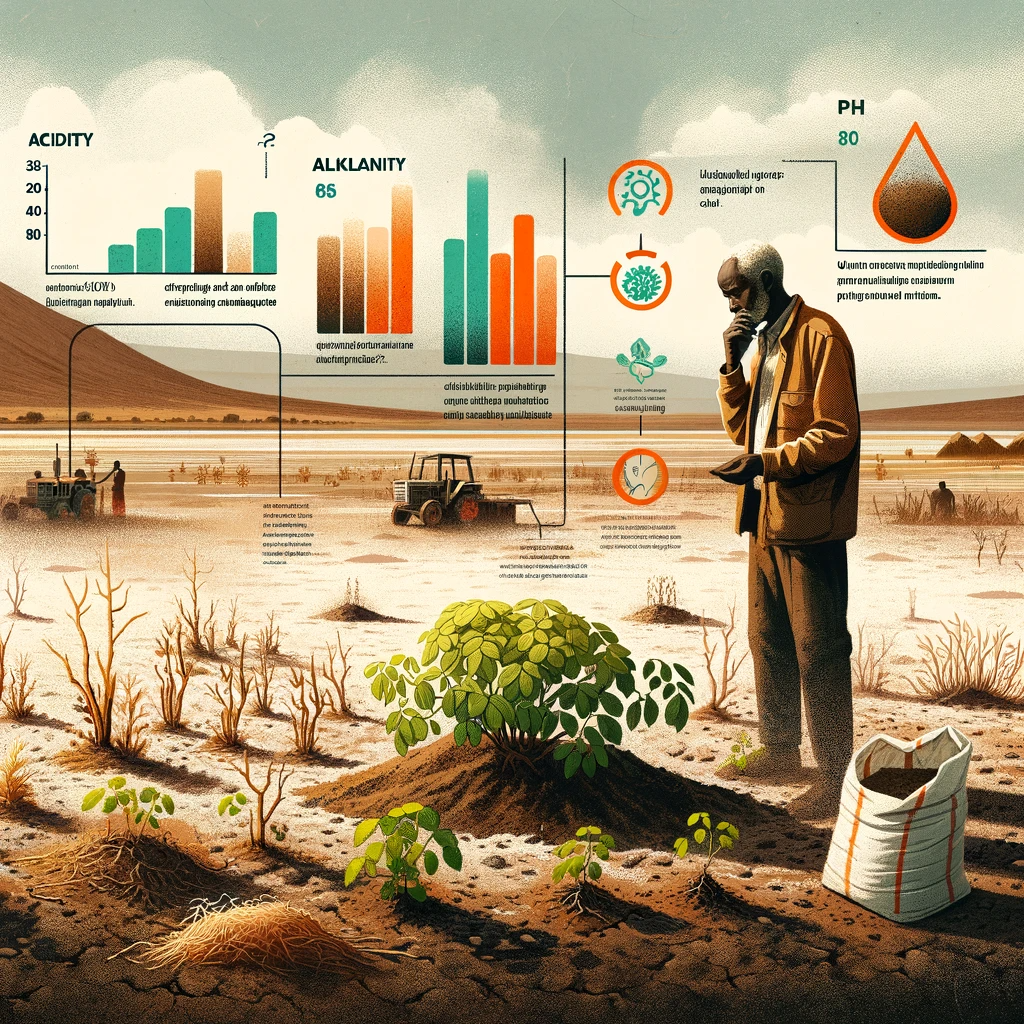By Elizabeth Shumbusho
Agricultural lime is commonly used in many parts of the world, including Tanzania, to improve soil quality and enhance crop production. Agricultural lime, often referred to as agrilime, is primarily composed of calcium carbonate or calcium and magnesium carbonate. It is applied to soils that are too acidic (low pH) to neutralize the acidity and provide essential nutrients to plants.
In Tanzania, agriculture is a crucial sector for the economy, and the success of farming activities depends on various factors, including soil health. Here are some key points related to agricultural lime in Tanzania:
Soil Acidity. Many soils in Tanzania are naturally acidic, which can adversely affect crop growth and yield. Lime helps to raise the soil pH, making it more neutral and creating a more favorable environment for plant growth.
Crop Types. Different crops have varying requirements for soil pH. Some crops thrive in slightly acidic soils, while others prefer more neutral or slightly alkaline conditions. Applying agricultural lime allows farmers to adjust the pH based on the specific needs of the crops they are cultivating.
Calcitic vs. Dolomitic Lime. Agricultural lime comes in two main forms—calcitic and dolomitic lime. Calcitic lime contains primarily calcium carbonate, while dolomitic lime contains both calcium carbonate and magnesium carbonate. The choice between the two depends on the existing nutrient levels in the soil.
Application Methods. Farmers typically apply agricultural lime to the soil surface and incorporate it through plowing or other cultivation practices. The effectiveness of lime application depends on factors such as soil type, climate, and the lime’s particle size.
Local Sources. In Tanzania, agricultural lime may be sourced from local quarries or mining operations. It’s important for farmers to ensure that the lime they use meets the specifications for their specific soil needs.
Extension Services. Agricultural extension services and government agencies in Tanzania often provide guidance to farmers on soil management practices, including the appropriate use of agricultural lime. These services aim to educate farmers on sustainable agricultural practices.
Challenges. Access to agricultural inputs, including lime, can be a challenge in some regions. Additionally, awareness and education about the benefits of using lime may vary among farmers.
It’s crucial for farmers in Tanzania to conduct soil tests to determine the pH and nutrient levels in their fields before applying agricultural lime. This helps ensure that the application is tailored to the specific needs of the soil and crops, promoting optimal agricultural productivity.
